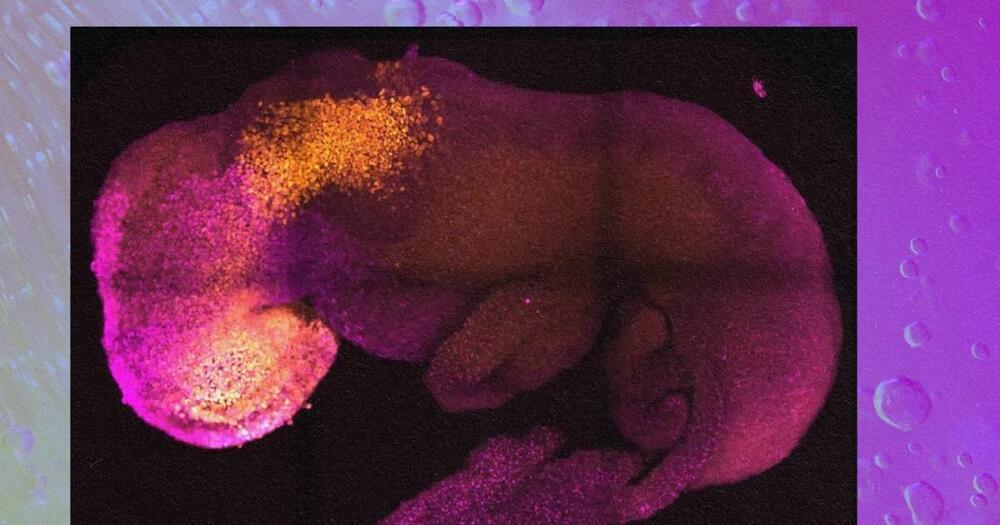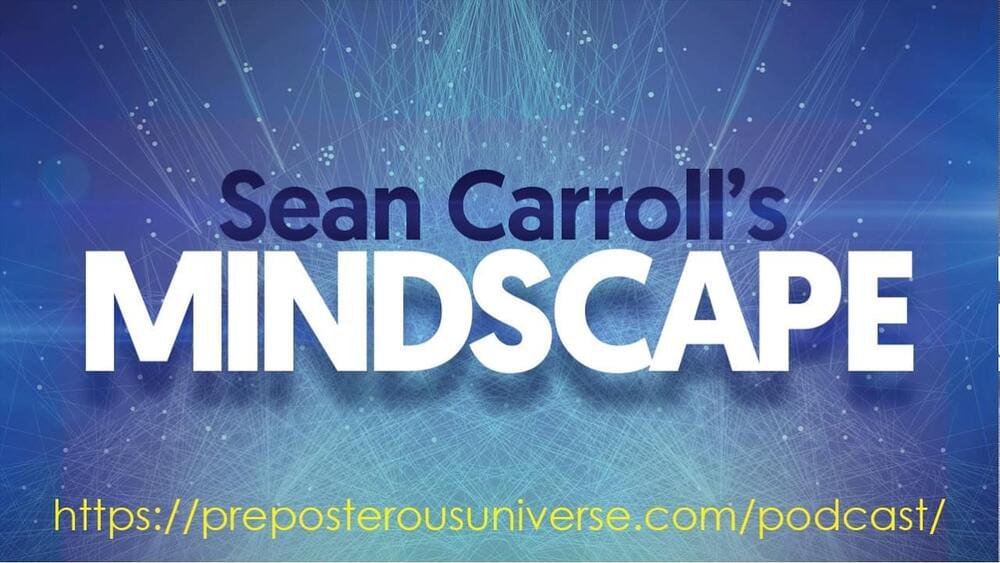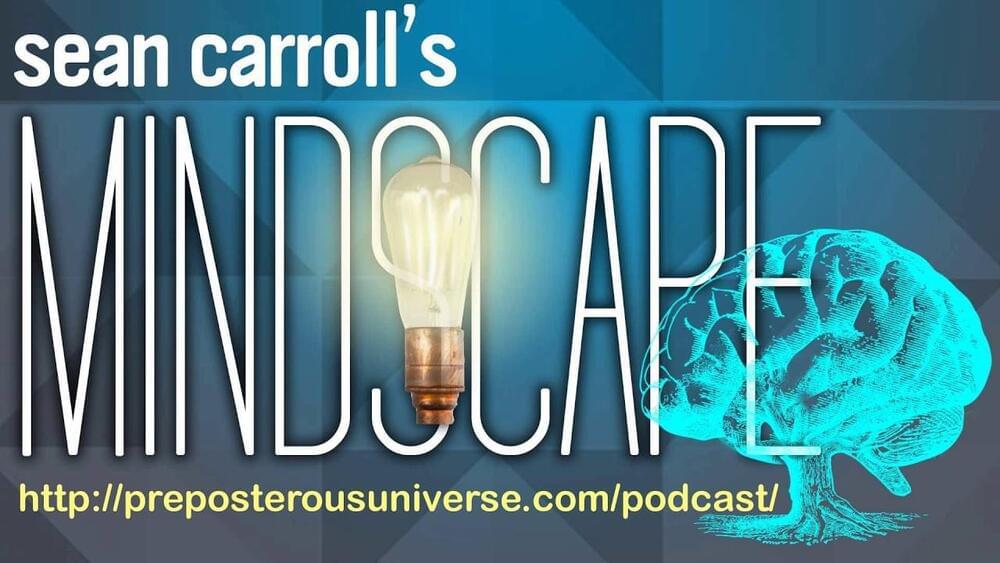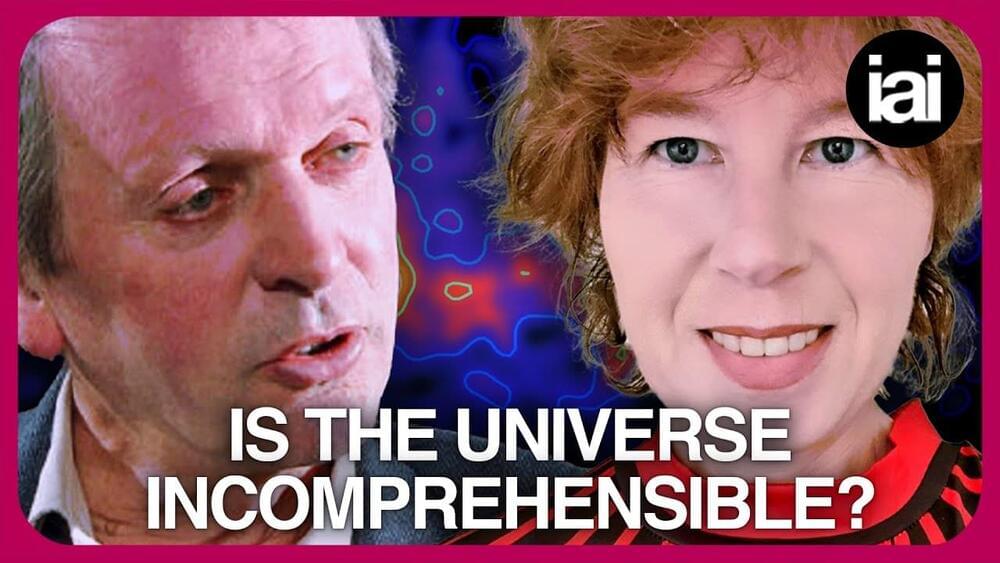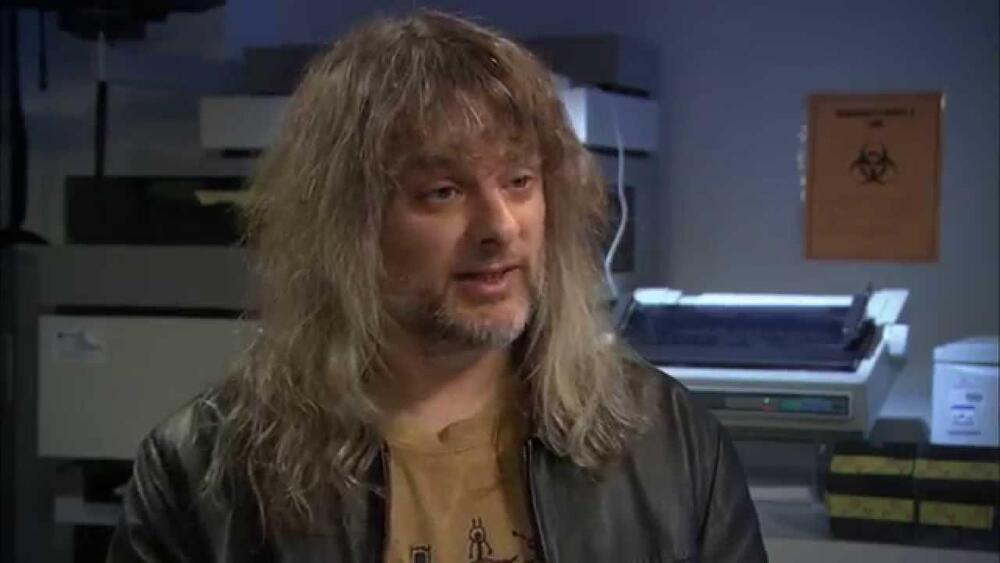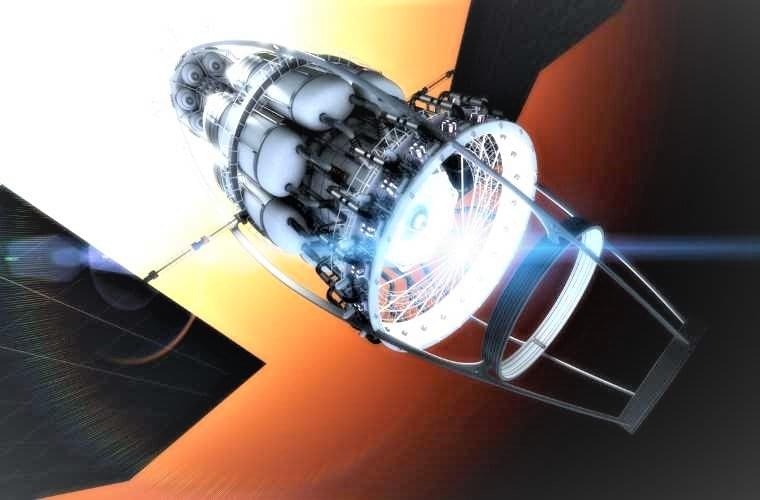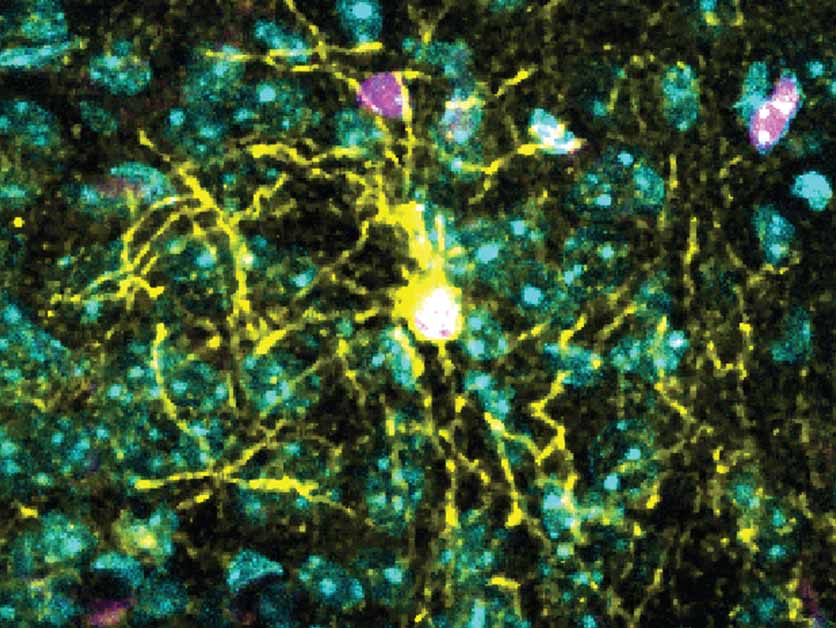Aug 15, 2023
The organoid revolution: From a breast in Jello to a synthetic embryo
Posted by Omuterema Akhahenda in categories: biotech/medical, neuroscience
I first posted about Orgaanoids for the heart, beause I have a family member with heart problems, and I know how the innovation is a game changer. I like to think of myself as a futurist, and being ahead of most everyone. My post about Mastodon proves such…oh wait someone else posted it and threads uses the same ActivityPub protocol that is Mastodon. I should get Him to repost it if I know Him 🙄, while as if I thought it. Let us always embrace the future, and futurists. 😁
For over a century, scientists have dreamed of growing human organs sans humans. This technology could put an end to the scarcity of organs for transplants. But that’s just the tip of the iceberg. The capability to grow fully functional organs would revolutionize research. For example, scientists could observe mysterious biological processes, such as how human cells and organs develop a disease and respond (or fail to respond) to medication without involving human subjects.
As described in the aforementioned Nature paper, Żernicka-Goetz and her team mimicked the embryonic environment by mixing these three types of stem cells from mice. Amazingly, the stem cells self-organized into structures and progressed through the successive developmental stages until they had beating hearts and the foundations of the brain.
Continue reading “The organoid revolution: From a breast in Jello to a synthetic embryo” »
